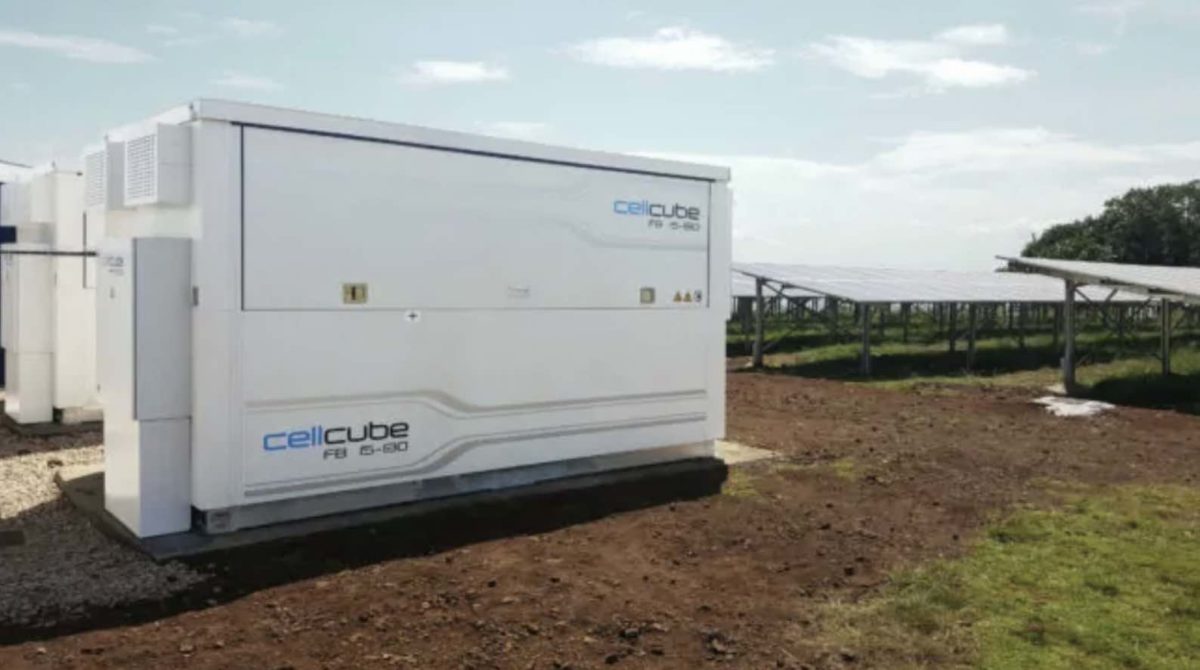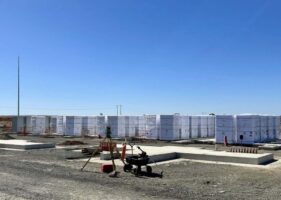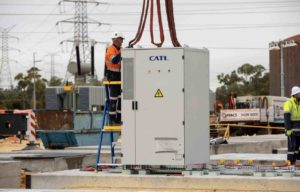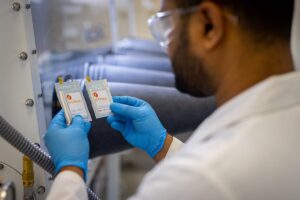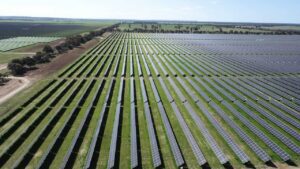Plans have been unveiled for the biggest vanadium redox flow battery in Australia, and for a gigawatt hour manufacturing facility to take advantage of the country’s rich vanadium reserves.
Australian storage investor North Harbour Clean Energy – backed by superannuation giant Aware Super – and Europe-based CellCube are to build 4MW, 16MWH a vanadium redox flow battery for an industrial customer which they say will be the biggest in the country, and a “lighthouse” project for the technology.
They are also looking at building an assembly and manufacturing line for vanadium redox flow batteries at an unspecified location in the eastern states to meet what they say is a “gigawatt hour” demand for long duration energy storage.
“NHCE and CellCube will collectively review and select the best site to deliver initial annual production capacity of at least 40MW/160MWh, with a target of 1000MW/8000MWh per year and creating more than 200 new jobs in the short term,” said Tony Schultz, North Harbour’s managing director and founder.
Vanadium redox flow batteries – developed in Australia at the University of New South Wales in he mid 1980s – have grown in prominence in recent years.
Their proponents says they offer large-scale battery storage, have lower fire risk than the lithium-ion batteries that dominate the market, and boast a longer life span, greater longevity, and are recyclable.
In terms of cost, North Harbour and CellCube say that vanadium redox flow batteries already outperform lithium-ion batteries on a levelized cost of storage basis.
“We believe there are two factors behind our belief that VRFB is the right grid-energy storage technology to install in Australia at scale,” Schultz continued.
“The first is that VRFB technology … is now on the road to being an accepted alternative battery energy storage technology globally while the second is Australia’s abundant vanadium resources.”
North Harbour already boasts a large project pipeline and in 2021 launched a jointly owned company with the University of New South Wales which is focused on further improving the cost and efficiency of the technology.
Alexander Schoenfeldt, the CEO of CellCube, says the venture with North Harbour will offer the opportunity to build well designed megawatt microgrids in Australia.
“In addition, Australia has around 20% of known global Vanadium resources and it makes economic sense to use local Vanadium instead importing it from elsewhere.”

